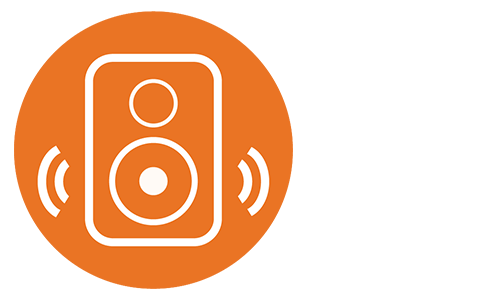Loud noises can range from unpleasant to dangerous. And to ease the disruption you naturally want an immediate fix. However, the resolution process varies depending on a number of factors.
This page walks you through how and when Council can help, what to expect — and how other organisations can assist too.



